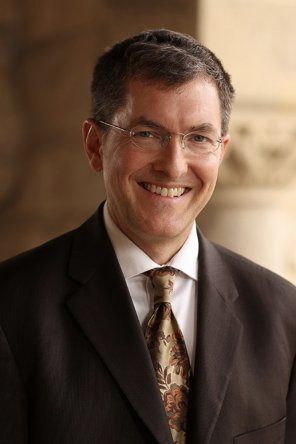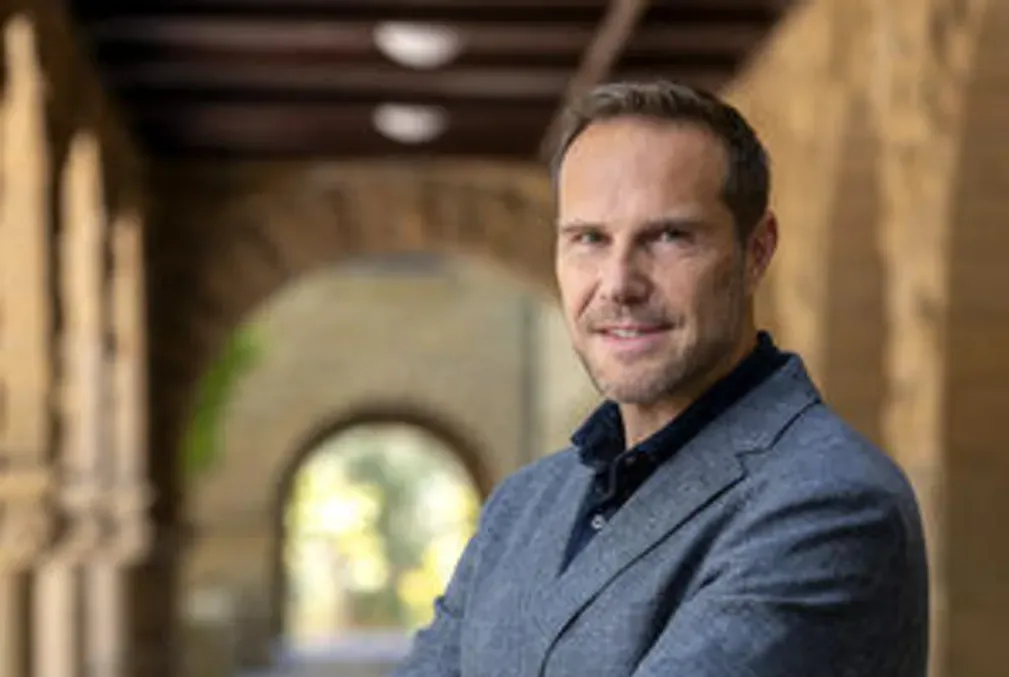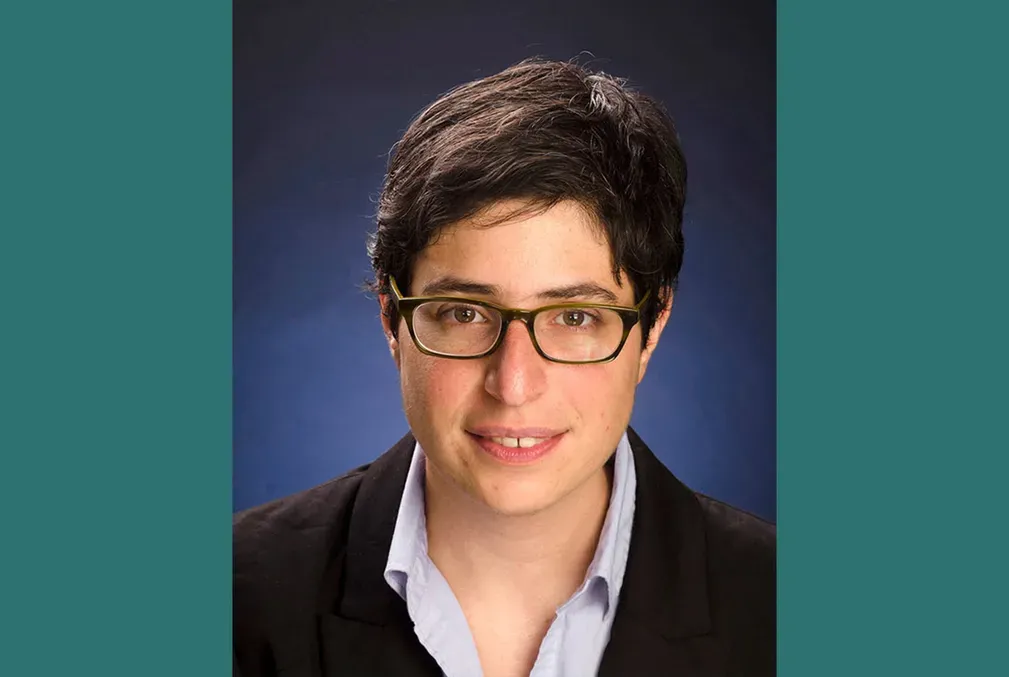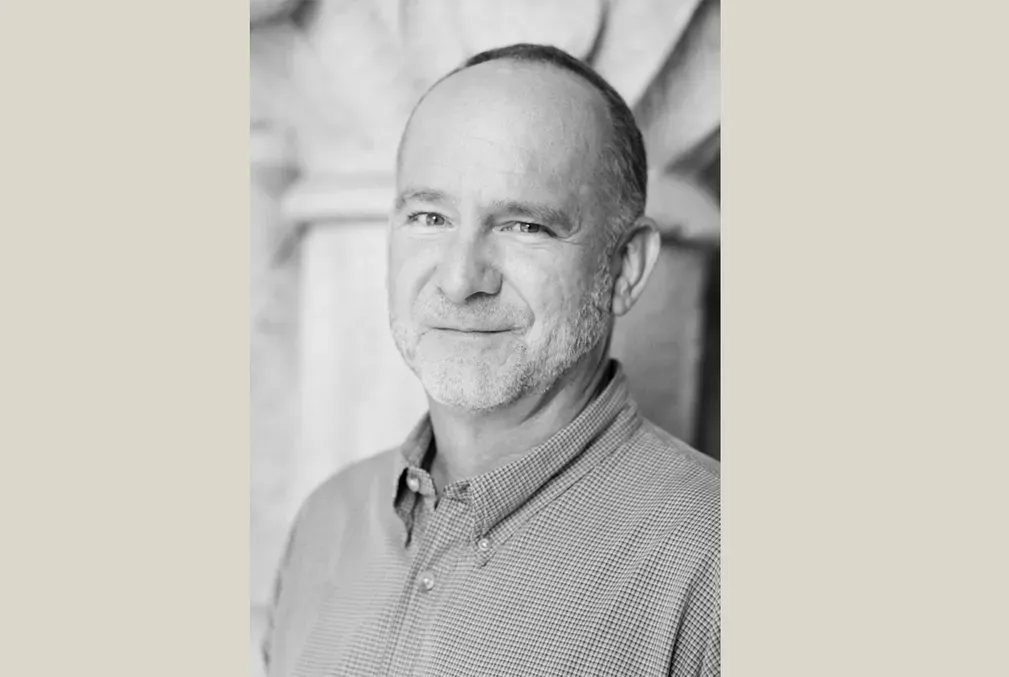Gabriella Safran Appointed H&S Senior Associate Dean of Humanities and Arts
Professor of Slavic languages and literatures and Jewish studies Gabriella Safran succeeds R. Lanier Anderson.
Gabriella Safran has been named the new senior associate dean (SAD) for humanities and arts in the School of Humanities and Sciences. Safran, the Eva Chernov Lokey Professor of Jewish Studies, will begin her term on September 1.
Safran, who joined the Stanford faculty in 1998, served as the first chair of the Division of Literatures, Cultures, and Languages and is director of the Slavic Languages and Literatures program. Safran also serves as president of the American Association of Teachers of Slavic and East European Languages. She teaches and writes on Russian literature, Yiddish literature, and folklore.
Her most recent monograph, Wandering Soul: The Dybbuk's Creator, S. An-sky (Harvard, 2010), is a biography of an early-twentieth-century Russian and Yiddish writer who was also an ethnographer, a revolutionary, and a wartime relief worker. She is now completing a book on mid-19th-century Russian writers.
Safran succeeds R. Lanier Anderson, the J. E. Wallace Sterling Professor in Humanities and professor of philosophy, who has been in the position since 2017. In addition to continuing to raise the visibility of the humanities and arts at Stanford and beyond, Anderson was also committed to increasing the diversity of research and approaches as well as the faculty.
“During Lanier’s four years as SAD, half of the new faculty appointments in the humanities and arts have contributed to diversity, helping advance an important school and university priority,” said Debra Satz, the Vernon R. & Lysbeth Warren Anderson Dean of the School of Humanities and Sciences. “I am also grateful to Lanier for his leadership of, and commitment to, the humanities and arts. His service on several university-wide Long-Range Vision design teams and the Long-term Recovery task force was exemplary."
Anderson won both the Dean’s Award for Distinguished Teaching and the Walter J. Gores Award for Excellence in Teaching at Stanford. He is the executive director of the North American Nietzsche Society and is also finishing service as a member at large of the Board of Officers, American Philosophical Association. This year, he was awarded a Guggenheim Fellowship.
Safran said she looks forward to continuing to highlight the important role of the humanities and arts in a liberal arts education. “I’m really impressed with everything Debra and Lanier have been doing in terms of publicizing the humanities and making them visible and accessible,” Safran said.
As president of the American Association of Teachers of Slavic and East European Languages, Safran said she’s been in communication with scholars from around the world. “I see that the challenges the humanities and arts are facing here are the same as in the rest of the country as well as internationally,” she said. “It’s a global phenomenon that the humanities and arts are having to explain what they do.”
Stanford’s Long-Range Vision and has resulted in various initiatives including the Changing Human Experience and the Public Humanities.
Stanford already is taking a lead, Safran said. “Having that global perspective makes me aware how ambitious Stanford is with all that is being done in terms of publicizing the humanities and arts. I want to work hard to keep that energy going.”
Senior associate deans are responsible for overseeing the academic direction of departments and programs within their respective academic area covering the humanities, arts, natural sciences, and social sciences.
Safran’s recent scholarship on the 19th-century Russian Empire, from the 1830s to 1880s, has helped define her approach to her new role. “One of the things that interests me is listening and transcription, particularly how writers listen to other people across social lines,” she said. Many of the Russian writers she is studying, such as Ivan Turgenev and Vladimir Dahl, spent time working in the imperial bureaucracy and that influenced their writing about members of other social classes.
“Part of what makes me interested to take on a different role at Stanford is to think about Stanford administration and how we listen to each other,” she said. “It’s a really interesting moment we’re in right now — a moment of transition as we hope we’re coming out of the pandemic.”




